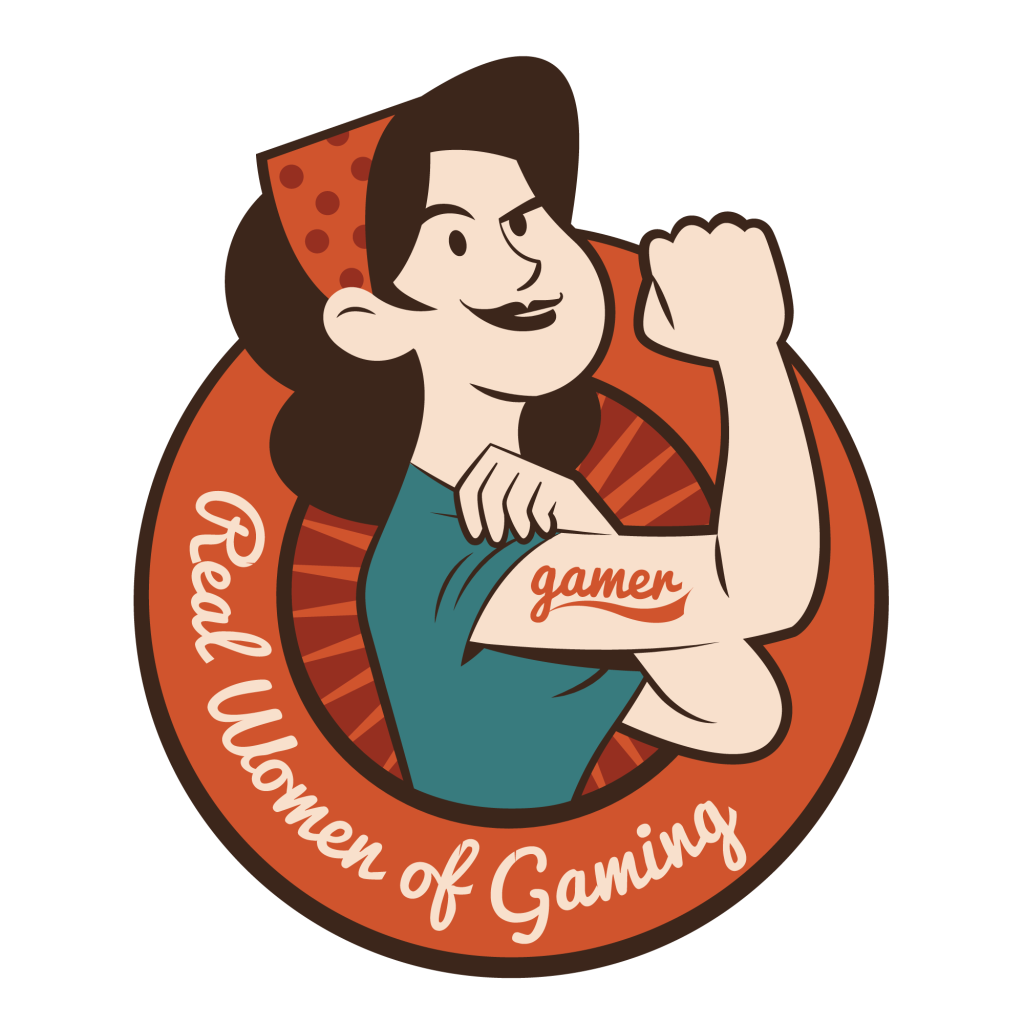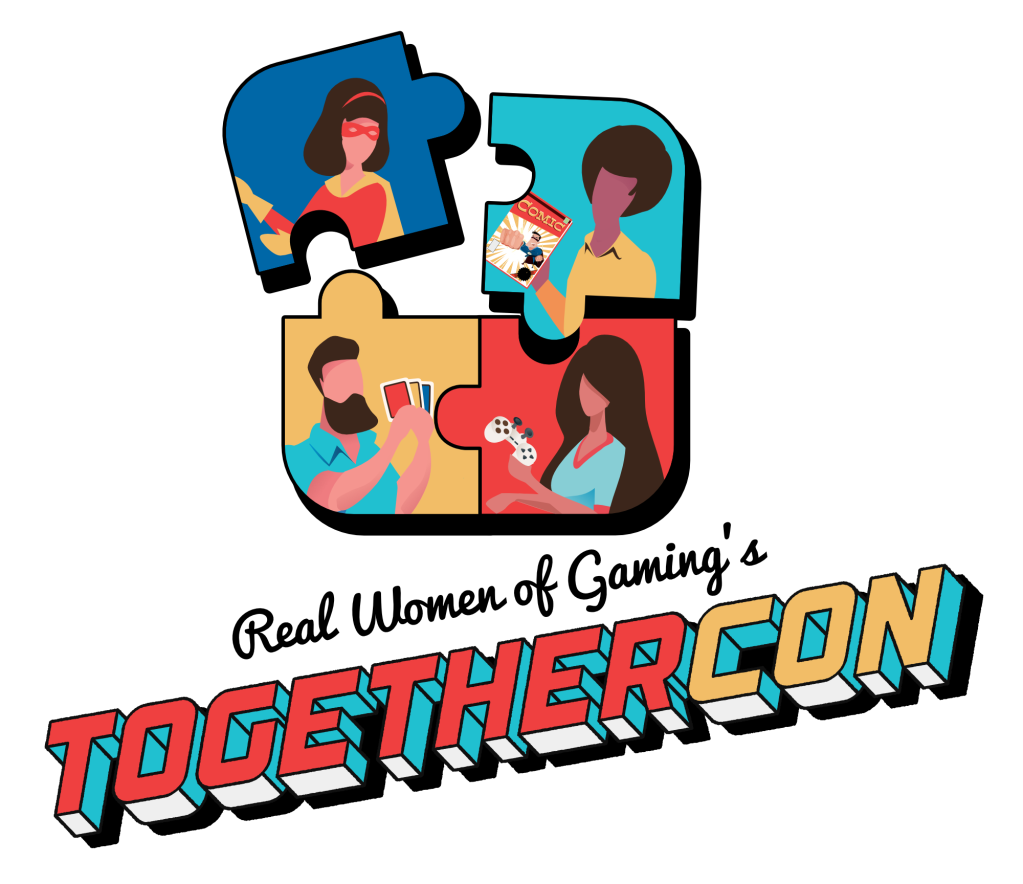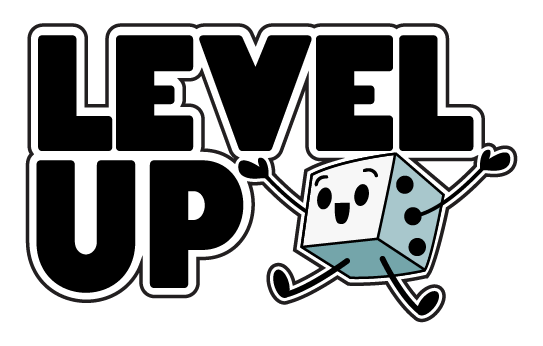
I’ve been considering this question a lot over the past month, as I’ve been working on this article. It started when Crymson posted an article(1) about reSTART, a rehab facility near Seattle that specializes in treating video game addiction. The article profiled some of the patients, and I saw myself in them. Guild Wars 2 is a huge part of my life. I spend hours every day playing, just like the men in the article. Do I belong in reSTART, too?
Addiction is a complicated disorder with many factors. The traditional view of addiction is chemical: the brain releases pleasure-neurotransmitters based on a certain stimulus (usually a drug), then person performs the behavior again and again to initiate the pleasure response, while the brain releases less and less of the chemical each time. The person has to perform the behavior, take the drug, at higher and higher doses to feel the same effect, and isn’t able to stop without experiencing withdrawal.
Newer theories of addiction look deeper. Scientist Bruce K. Alexander believes that addiction is a social problem. In a famous 1981 study(2), he looked at how rats’ addictive behaviors changed based on their environments. Alexander et al found that rats housed in isolation became addicted to morphine easily, whereas rats housed in large enclosures filled with enrichment items and other rats did not. He believes these findings can carry over to addiction patterns in humans.
The theory goes that people who have difficulty connecting with others socially may instead turn to drugs, ‘connecting’ to the drug when there is nothing else to connect with. History seems to back up this theory: according to Alexander’s website, “Addiction can be rare in a society for many centuries, but can become nearly universal when circumstances change – for example, when a cohesive tribal culture is crushed or an advanced civilization collapses.”(3) Maybe the cliche about having an ‘addictive personality’ has less to do with actual personality traits than it does the addiction-prone person’s social and economic circumstances.
Looking at addiction as a result of social isolation puts video game addiction in an interesting position, because many so-called ‘video game addicts’ play social games. World of Warcraft is famously addicting, and the majority of the patients mentioned in the reSTART article were at the facility because they played WoW, or similarly massive multiplayer online games, so much that it interfered with their other activities and relationships. Were those men addicted to the games themselves, or to the social connections they formed through those games? If addiction is a social disorder, is it even possible to be addicted to social connection, regardless of the form it takes?
Dr. Hilarie Cash, reSTART’s co-founder and executive director, has a theory that social connections formed over the internet are lacking compared to in person interactions. She claims that “limbic resonance,” a brain process related to the warm fuzzy feeling we get when we interact with people, doesn’t occur when the people who are interacting are not face to face. “We have to be able to see and hear and touch and feel and smell each other for that release to occur,” she told an interviewer. “But what happens is that people seek to satisfy their social needs online.”(4)
I’m not convinced that this is true. Some of the most important relationships in my life right now are with people I know through online gaming, whom I’ve never met face to face. Interacting with them feels different from interacting with my “RL” friends, but I can think of plenty of times when I’ve had the warm, fuzzy feeling that Dr. Cash associates with limbic resonance while chatting over text or voice. I have a different hypothesis for why gaming can become addicting in a way that in-person socialization doesn’t.
Laws against talking on cell-phones while driving have become commonplace. When they were first being enacted, there was a lot of controversy. “How is talking on a phone while driving different from talking to the person in the passenger seat?” It turns out that there’s a big difference. David Strayer, a leading researcher in the effects of cell-phone usage on driving ability, conducted a study comparing the two types of conversations. The results revealed conversing with passengers to be much safer than cell-phone conversation. According to Tara Parker-Pope of the New York Times, “There is something uniquely distracting about talking on the phone when you’re behind the wheel; conversations with people inside the car are far less distracting to drivers. Unlike cell phone callers, chatty passengers instinctively stop talking when driving conditions change, and they offer an extra set of eyes to alert drivers to nearly-missed exits or erratic drivers.” (5)
I believe something similar is going on with MMO addiction. We get the same feelings of connection, the same social benefits, from interacting with each other online and in person. The difference is that, while our computer screens are windows into other people’s lives, they are narrow ones. It’s easier to hid things from the people we know online: things like gaming may be negatively impacting our performance at work or our relationships with our families. You can raid with someone every week, all the while never realizing that their life is spiraling out of control. Instead of being an extra set of eyes in the passenger seat, we are the cell phone caller: oblivious to danger. It’s no wonder that so many of our friends and guild-mates crash and burn.
I’m one of the lucky ones. Over the past several weeks I’ve been working overtime to keep my guild running smoothly, ensure its stability, and maintain its growth. It’s left me stressed-out, exhausted, and unhappy. My in-game friends know me well enough to notice, and care enough about my well being to intervene. In this ‘intervention,’ they insisted I take a break from raiding and offered to take over some of my duties as a guild officer. It’s given me the chance to recharge and catch up on some RL duties I’d been neglecting (writing this article, for example). I couldn’t be more grateful. With American Thanksgiving approaching, the RWoG staff have been asked to submit a short statement about something (preferably gaming related) that we are thankful for, and this is mine: I am so, so thankful that these people, people whose faces I’ve never seen with my own eyes, are looking out for me.
So, am I addicted to playing video games? I don’t think so, at least not in the classic sense. And, thanks to the people in my life, both online and off, I don’t think I’m going to be.
If addiction is a social disease, then we, as social gamers, have the power to combat it. One of my guild’s founding principles is game/life balance. We have a flexible attendance policy and prioritize members’ wellness over progress and scores. I hope other guilds will do the same. If we can stop being ‘callers’ and become ‘passengers’ in each others lives, gaming addiction will never be able to take hold.
References:
- NPR staff 20 October 2013. “When Playing Video Games Means Sitting Along Life’s Sidelines.” http://www.npr.org/2013/10/20/238095806/when-playing-video-games-means-sitting-on-lifes-sidelines
- Alexander, Bruce K. et al 1981. “Effects of Early and Later Colony Housing on Oral Ingestion of Morphine in Rats.” Pharmacology Biochemistry & Behavior vol 15, pp 571-576 http://www.brucekalexander.com/articles-speeches/rat-park/212-ratparkjournalarticle1981
- http://www.brucekalexander.com/
- Gravening, Jagger 2014. “A Day at the First Video Game Rehab Clinic in the US.” Motherboard, VICE.com http://motherboard.vice.com/read/a-day-at-the-first-video-game-rehab-clinic-in-the-us
- Parker-Pope, Tara 2008. “Chatty Driving: Phones vs Passengers” NYTimes.com. http://well.blogs.nytimes.com/2008/12/01/chatty-driving-phones-vs-passengers/?_r=0




Leave a comment